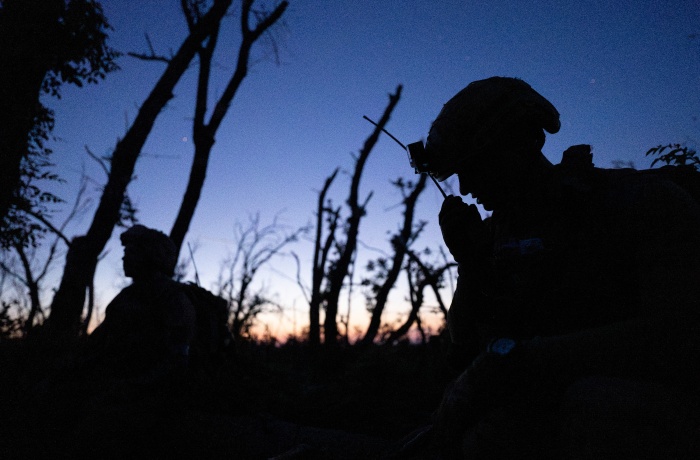
This year, the DOCU/WORLD international competition features 10 films from 14 corners of the globe, each inviting viewers on a journey through complex questions about humanity and life’s challenges. Darya Averchenko, Director of the Festival’s Communications Department and member of the Selection Council, presents each film in an original article.
The work of documentary filmmakers is a noble pursuit. While it may not be easily compared to that of soldiers, doctors, or rescuers, those who seek to uncover the essence of things and search for ways to heal society are no less vital to our world.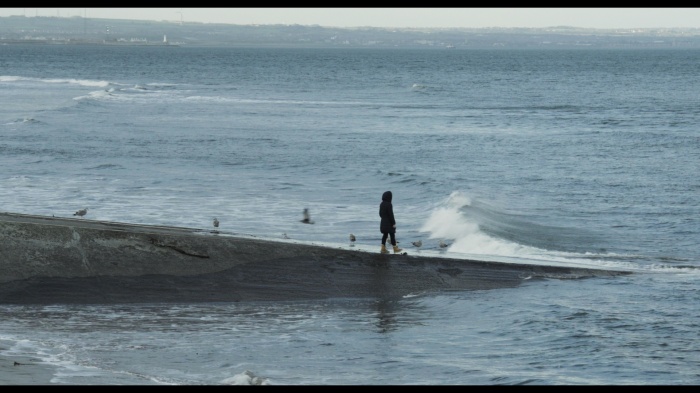
Still from Limits of Europe
The most courageous leave their families behind and walk the path of a migrant — just as Czech director Apolena Rychlíková does in Limits of Europe. We dive into the world of migrant workers in Europe’s wealthiest countries, and by the end of the film, we’ll find ourselves wanting to embrace Apolena and empathize with all those who have no other choice.
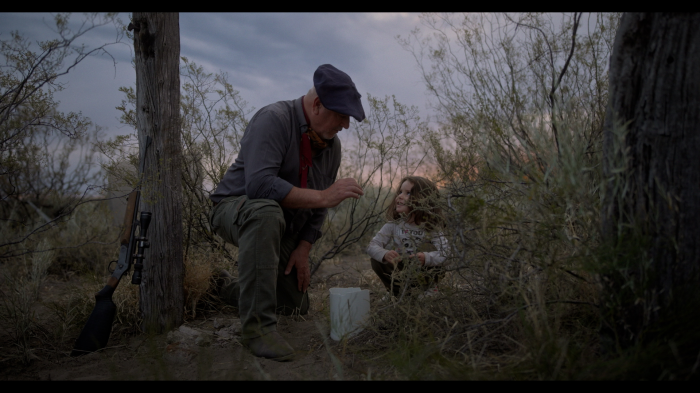
Still from Where The Trees Bear Meat
Together with Where The Trees Bear Meat director Alexis Franko, we travel to an Argentinian farm where cows are dying en masse due to drought. Yet the farm’s owner is doing everything he can to hold on — caring for his elderly mother and young granddaughter. I can still picture him tying several cow carcasses to his jeep, while his granddaughter waits in the front seat to ask him questions that are anything but childish.
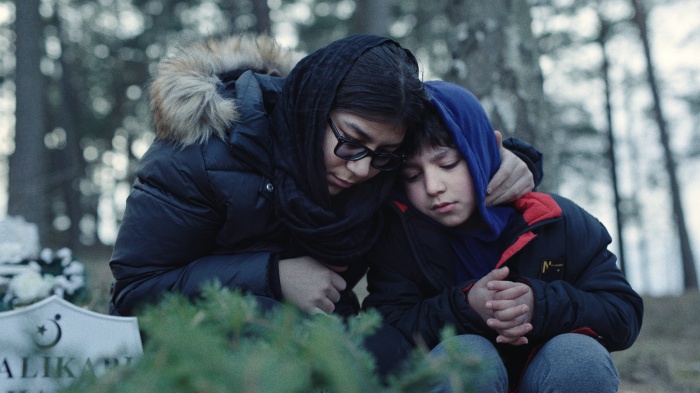
Still from Silent Trees
And in Silent Trees by Agnieszka Zwiefka, another child is forced to grow up fast — 16-year-old Kurdish girl Runa. After the tragic death of her mother in a winter forest on the Polish-Belarusian border, she steps into the role of mother to her four younger brothers.
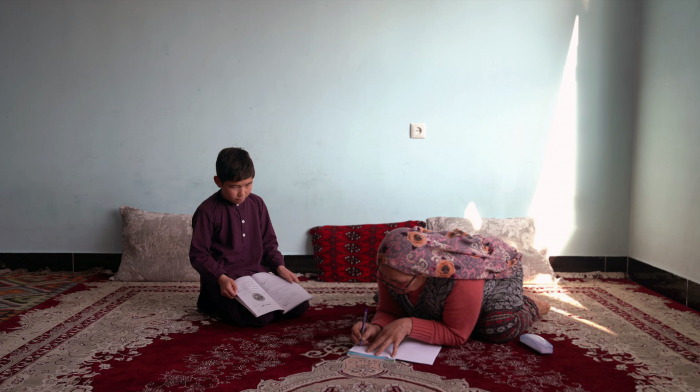
Still from Writing Hava
Writing Hava by Nadjibah Nuri and Rasul Nuri reveals an intimate story of their Afghan family. Hava was married off as a teenager to a man thirty years her senior. Once their children are grown, she begins learning to write and even dreams of starting her own business — until the Taliban return to power, and Nadjibah does everything she can to bring her mother to the safety of France.
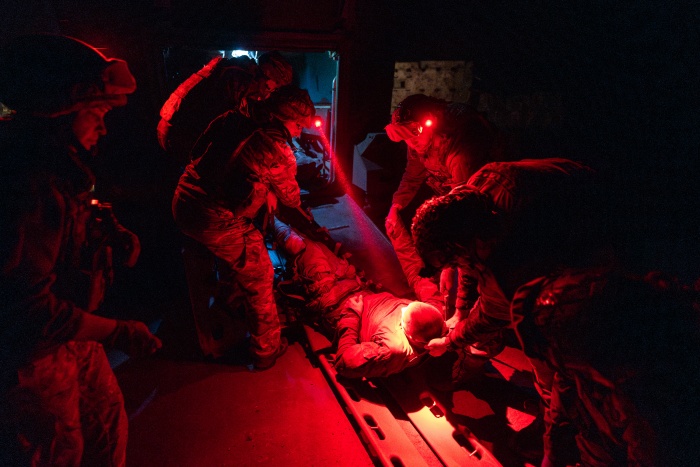
Still from 2000 Meters to Andriivka
Europe remains safe only as long as Ukrainians hold the frontline and push back the Russian army. This truth becomes even clearer as we follow Mstyslav Chernov in 2000 Meters to Andriivka. It’s a film after which global events suddenly fall into place — like links in a single chain. After watching it, missing even one fundraiser feels shameful; sending support to those at the front becomes a daily ritual, a defiance of death, a persistent dream of our Victory — for the sake of a freer, safer world.
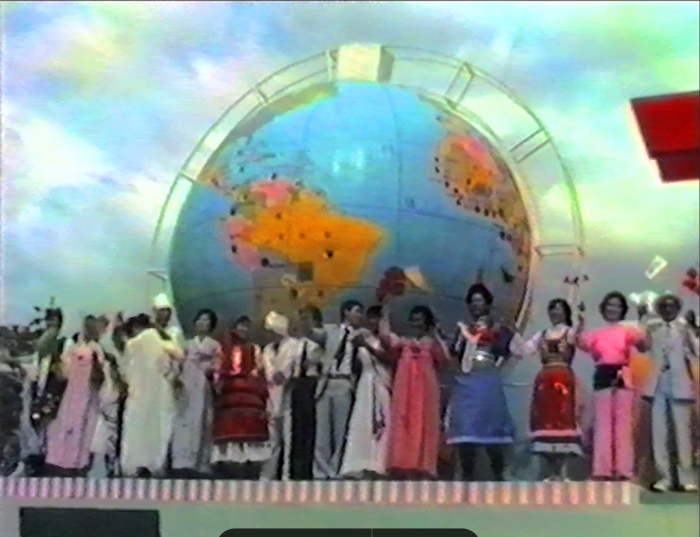
Still from Bright Future
Bright Future from the film by Romanian director Andra McMasters never arrived. The film is edited entirely from archival footage from 1989. Young socialists from 177 countries gathered for a massive youth festival in Pyongyang, the capital of North Korea, just months before the collapse of the Eastern Bloc. They genuinely dream of what they proclaim: making the world a better place. However, China brutally suppresses protests in Tiananmen Square, the Soviet Union already looks more like a living museum, and in Romania, the era of the Ceausescu dictatorship is drawing to a close. You can almost hear communism creaking beneath the feet of the festival participants.
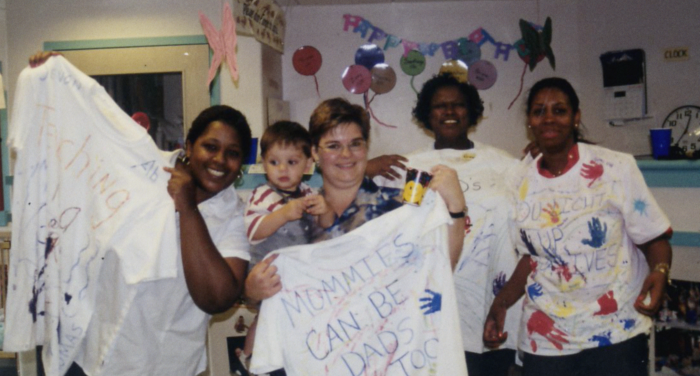
Still from My Sweet Child
"There is still more good in this world — otherwise, it couldn't exist," our colleague, thinker, and civic activist Ihor Kozlovskyi used to say during his lifetime. The films in DOCU/WORLD confirm this and even carry therapeutic messages. Maarten De Schutter mourns and heals simultaneously as he works on a film about his mother. My Sweet Child is not just an archival diary. It's a painstaking effort to restore childhood memories, based on interviews with family friends and the review of old tapes. Martina was an activist for the rights of people living with HIV and a feminist anthropologist. Ten years ago, she died aboard the Malaysian Boeing that was shot down by a Russian missile in the skies over Donetsk. Now, preserving her memory — and naming the killer for what they are — has become Maarten’s mission.
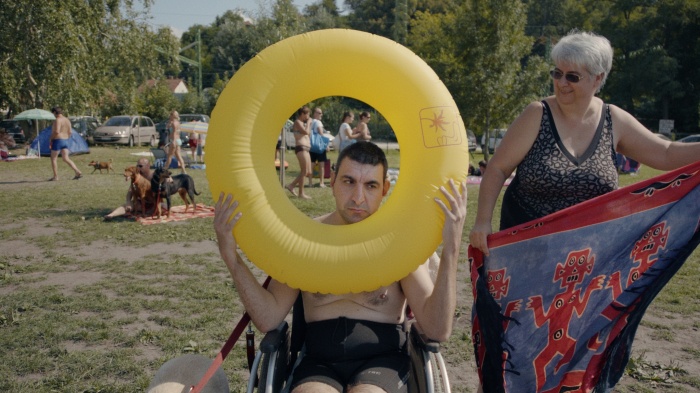
Still from Your Life Without Me
Another film that continues the theme of family relationships — but this time from a mother’s perspective — is Your Life Without Me by Hungarian director Anna Rubi. A group of aging caregivers of children with disabilities comes together to demand that the state establish family-style care homes, where patients would be treated with love. This is a courtroom drama filled with mothers’ heartfelt testimonies about enduring constant humiliation and indifference from society and public hospitals. That’s why the film’s ending — where the court rules in favor of the plaintiffs and the petition is granted — feels like a true moment of joy.
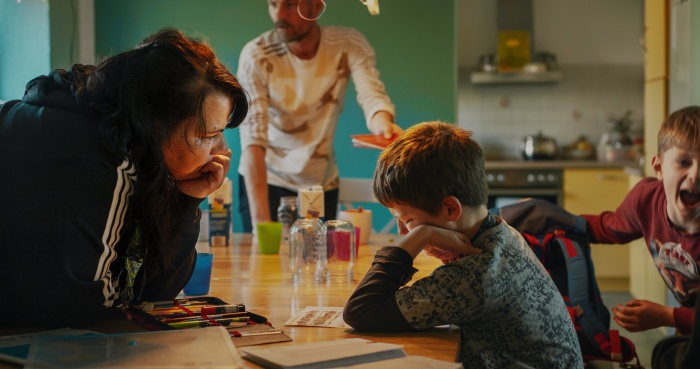
Still from The Family Approach
Closing the theme of the vital role of family is The Family Approach by German director Daniel Abma. We watch children sitting around the dinner table. Instead of saying “mom” and “dad,” they call the adults “Mrs. Wagner” and “Mr. Hereke.” In this ephemeral imitation of a family — caught between parental love and the bureaucracy of youth services — social workers do their best to create a sense of home for the children.
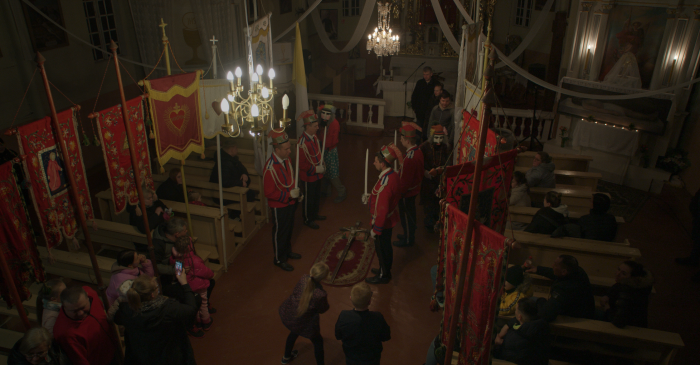
Still from On Sacred and Profane
After immersing yourself in films tackling heavy themes, take a moment to breathe and reflect at the screening of On Sacred and Profane by Lithuanian director Giedrė Beinoriūtė. The last time Giedrė visited us was nearly ten years ago. For me, her film speaks to the deep ties between Lithuania and Ukraine. Pievėnai is a small village in western Lithuania, known for its ancient theatrical tradition of holding an overnight church vigil on Easter Eve, in anticipation of Christ’s resurrection. At first glance, it may seem we have little in common. But if we look closely and break the film down into its elements, we might recognize our own Malanka — how it might look if it were celebrated in spring. It reminded me of a school history lesson, where the teacher told us that Ukrainian lands were once part of the Grand Duchy of Lithuania, and later, the Polish–Lithuanian Commonwealth. So our shared traditions didn’t vanish — they were simply reinterpreted over time, or rather, over centuries. I hope this film will inspire viewers to delve into our common heritage with Lithuania — and perhaps even inspire someone to make a new film that continues this conversation.
The distributor of the film 2000 Meters to Andriivka in Ukraine is the company Arthouse Traffic. The film will be released in the fall. If you can’t make it to the Docudays UA screenings, the second screening of this film in Ukraine will take place at the Mykolaychuk OPEN festival in Chernivtsi, which will take place from June 14 to 21.
Featured image: Still from 2000 Meters to Andriivka
The 22nd Docudays UA is held with the financial support of the European Union, the Embassy of Sweden in Ukraine, International Renaissance Foundation. The opinions, conclusions, or recommendations do not necessarily reflect the views of the European Union, the governments, or organisations of these countries. Responsibility for the content of the publication lies exclusively with the authors and editors of the publication.